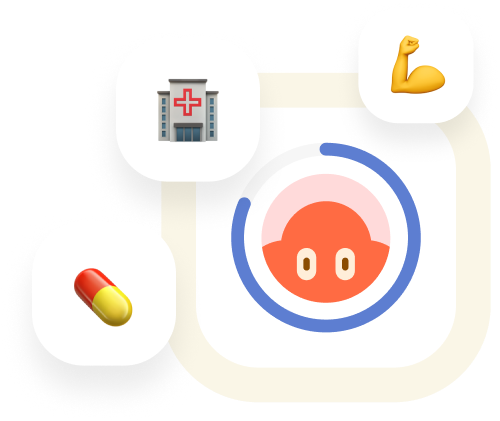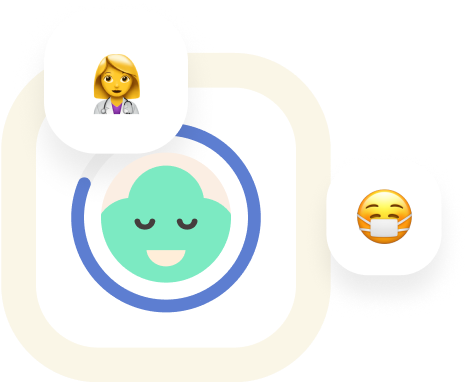Join a Community That Understands You
Get answers from those who share your health journey



subtlecoconut's Post
subtlecoconut
Updated 1y ago
What are Autistic Meltdowns Like?
Can you help? Connect today
RiddimGirl
2y
Julibean
2y
Korbyn
2y
rj.crow
2y
Erebyssian
2y
The content in this post is not intended to be a substitute for professional medical advice, diagnosis, or treatment. Always seek the advice of your physician or other qualified health provider with any questions you may have regarding a medical condition.

Free unlimited access
to all community content

Find others who are
medically similar to you

Pose questions and join
meaningful discussions
Alike is a transformative platform that goes beyond just bringing together patients; it meticulously connects individuals based on multiple critical factors, such as age, gender, comorbidities, medications, diet, and more, fostering a community of knowledge, support and empathy.
© 2020-2024 Alike, Inc